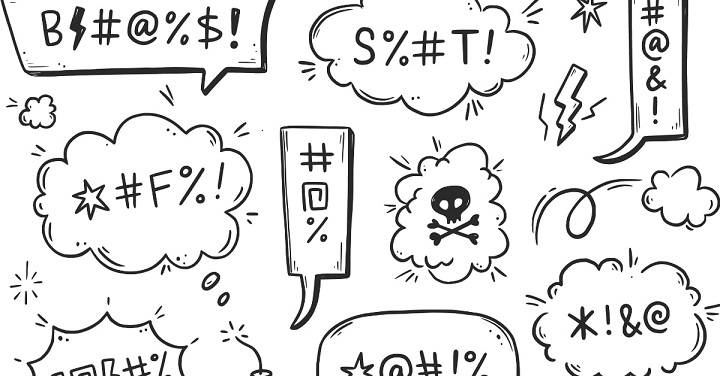Swear words are a colorful part of any language, and Spanish is no exception. Whether you’re curious about the culture, want to understand native speakers better, or just want to avoid accidentally offending someone, this guide will walk you through common Spanish swear words and phrases. Disclaimer: This content is for educational purposes only—use with caution and respect.
Why Learn Spanish Swear Words?
Understanding swear words can:
- Help you avoid misunderstandings in casual conversations.
- Provide deeper cultural insight.
- Allow you to recognize tone and intensity in speech.
- Keep you aware of potentially offensive language.
Cultural Context of Swearing in Spanish
Swearing in Spanish varies greatly depending on:
- Region (Spain vs. Latin America)
- Formality of the situation
- Relationship between speakers
Some words considered mild in one country might be highly offensive in another, so context matters.
Common Spanish Swear Words
Light Swear Words
These are relatively mild and used frequently in casual conversation:
- Jolín / Jolines
Meaning: Darn / Shoot
Usage: Expressing mild frustration or surprise. - Caramba / Caray
Meaning: Oh my gosh / Wow
Usage: Polite alternatives to stronger swear words. - Mierda
Meaning: Crap / Shit
Usage: Used when something goes wrong.
Moderate Swear Words
More offensive, but still commonly heard among friends:
- Cabrón / Cabrona
Meaning: Bastard / Jerk
Usage: Can be playful among friends, but offensive if used in anger. - Idiota / Imbécil
Meaning: Idiot / Moron
Usage: Insulting someone’s intelligence. - Pendejo / Pendeja
Meaning: Idiot / Fool
Usage: Common in Latin America; varies in intensity by region.
Strong Swear Words
Highly offensive—use with caution or avoid altogether:
- Hijo de puta
Meaning: Son of a b****
Usage: A strong insult used in heated arguments. - Cojones
Meaning: Balls / Courage (context-dependent)
Usage: Often used to emphasize frustration or admiration. - Joder
Meaning: F***
Usage: Very common in Spain but considered vulgar.
Swearing by Region
Different countries have unique expressions and tolerance levels:
- Spain:
Uses words like hostia (damn) and joder frequently. - Mexico:
Common swear words include chingar and its variations. - Argentina:
Known for colorful insults like boludo (idiot) and pelotudo (moron). - Colombia:
Less vulgar swearing compared to other countries, with terms like gonorrea for strong insults.
Common Phrases Using Swear Words
To understand context, here are phrases where swear words are commonly used:
- ¡Qué mierda!
Translation: What a mess! / This sucks! - ¡Vete a la mierda!
Translation: Go to hell!
Context: Used when very angry. - ¡No me jodas!
Translation: Don’t mess with me!
Context: Expressing disbelief or frustration. - ¡Estoy hasta los cojones!
Translation: I’m fed up!
Context: When extremely irritated.
When Not to Use These Words
Avoid swearing in:
- Formal settings (work, public services, professional environments)
- Around elders or strangers
- In situations of heightened sensitivity
Swearing can be offensive and disrespectful if misused.
Alternatives to Swearing
If you want to express frustration without being vulgar:
- Carajo → Heck
- Rayos → Darn it
- Demonios → Dang
- Recórcholis → Gosh
These maintain emotional expression without the same offensive impact.
While Spanish swear words add color and emotion to language, using them requires cultural awareness and respect. Knowing their meanings can help you better understand conversations and avoid unintentional offense.
FAQs
Q: Are Spanish swear words the same across all countries?
A: No, many words vary in meaning and intensity depending on the region.
Q: Can swear words ever be used playfully?
A: Yes, but only among close friends or in informal contexts. Always be mindful of who you’re speaking with.
Q: What’s a safe alternative to swearing?
A: Use milder expressions like caray, jolín, or rayos.









